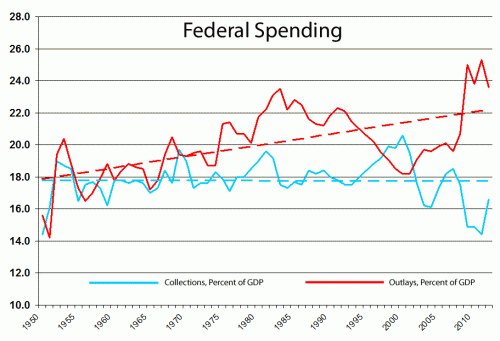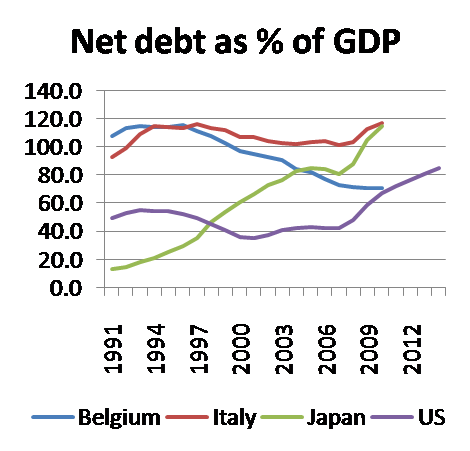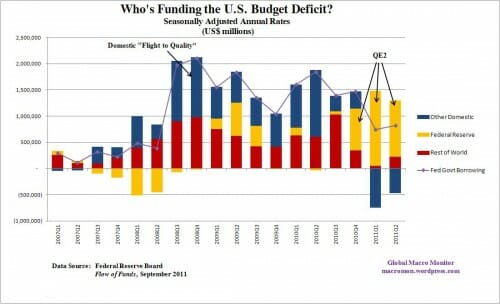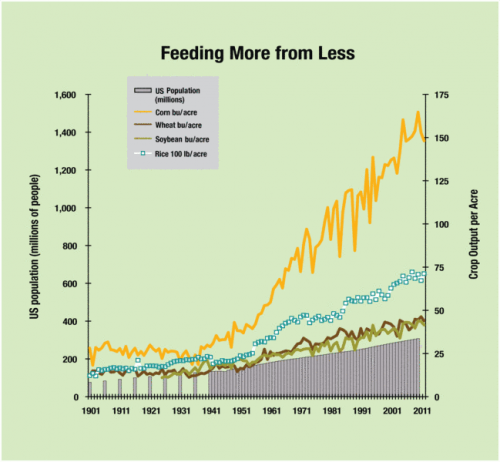Worst Law That I Can Remember
This is simply an awful law. If you had asked me ten years ago if we would see the President (a Democrat yet) claiming the right to assasinate Americans and the Congress threatening to pass a bill requiring the indefinite detention, without trial, of people within our borders, I would never have believed it. At first I was excited to see that Obama was threatening a veto, but then I read that he was not upset about indefinite detention, but only that Congress was threatening to tie his hands and proscribe certain options. Obama wants to have the choice of whether to offer certain individuals due process or indefinite decision.
For more, see Rand Paul v. John McCain
Postscript: As usual, I am left flat by the debate over whether certain injustices, like indefinite detention, apply to all humanity or just foreigners. I have yet to parse anything in our founder's national rights arguments behind the Declaration of Independence and the Constitution that justify why folks born outside our borders have fewer rights than those born inside them.
Update: More here, including a lot from the ACLU. We are supposed to feel better because John McCain says that this only applied to Al Qaeda. But how in the hell do we know with any confidence that the folks the President locks up are Al Qaeda? Its bad enough to declare a whole new crime, that of being a member of a certain organization. The US, through its history, has been much better than most nations in avoiding banning certain parties and organizations. But even if we accept this law, doesn't there need to be some due process?
I suppose I understand that if I captured a guy in an SS uniform in WWII who 10 seconds ago was shooting at me, locking him up as a POW might not require a ton of due process. Last I checked, the AQ folks didn't have a uniform or anything. And most of them are not routinely shooting at us.
We didn't even pass this kind of horrible law at the height of Cold War anti-communist hysteria. Can you see Johnson or Nixon (or Hoover) being able to indefinitely detain anyone they thought was a member of the Communist Party?









